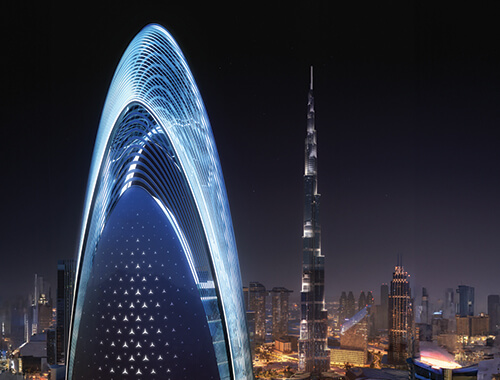Pros And Cons Of Investing In Luxury Real Estate
Investing in luxury real estate presents a unique set of opportunities and challenges that investors must carefully consider before making decisions. While luxury properties offer prospective for high returns and prestige, they also come with certain risks and considerations. Look at here the pros and cons of investing in a luxury property in Dubai:
Pros:
High possibility for appreciation: Luxury properties often appreciate at a faster rate than traditional real estate due to their prime locations, superior construction, and exclusive amenities. Investing in luxury real estate can yield significant capital gains over time, especially in markets with strong demand and limited supply.
Stable demand: Luxury real estate tends to have a stable demand, as affluent buyers are less susceptible to economic downturns and market fluctuations. Even during economic downturns, demand for luxury properties remains relatively resilient, providing investors with a degree of stability and predictability.
Diversification: Luxury real estate offers investors an opportunity to diversify their investment portfolio beyond traditional asset classes such as stocks and bonds. By adding luxury properties to their portfolio, investors can hedge against market volatility and inflation while possibly achieving higher returns.
Prestige and exclusivity: Investing in luxury real estate affords investors prestige, status, and exclusivity. Owning a luxury property in a prime location or iconic building can enhance an investor’s reputation and social standing, offering intangible benefits beyond financial returns.
Cons:
High entry costs: Luxury real estate often comes with a hefty price tag, requiring significant upfront capital investment. The high entry costs associated with luxury properties may limit accessibility for some investors and necessitate substantial financial resources.
Market volatility: Luxury real estate markets can be subject to volatility, influenced by factors such as economic conditions, geopolitical events, and regulatory changes. Fluctuations in demand and supply dynamics can impact property values and rental yields, posing risks for investors.
Maintenance and operating costs: Luxury properties entail higher maintenance and operating costs compared to traditional real estate due to their size, custom features, and premium amenities. Expenses such as property taxes, insurance premiums, and ongoing maintenance can erode returns and require careful budgeting and management.
Limited liquidity: Luxury real estate is inherently less liquid than other investment assets, as finding buyers or tenants for high-end properties may take longer. Selling or leasing luxury properties can be a time-consuming process, particularly during economic downturns or market downturns.
